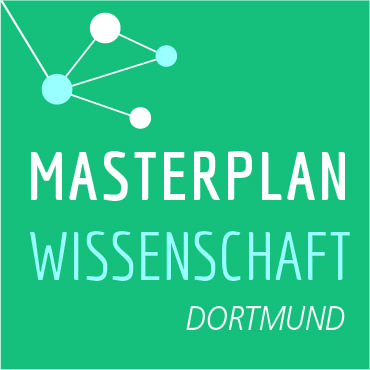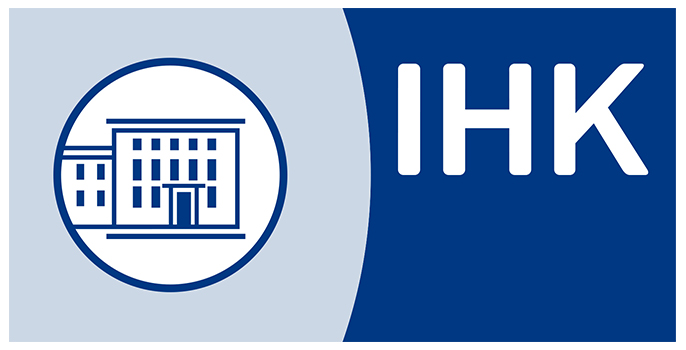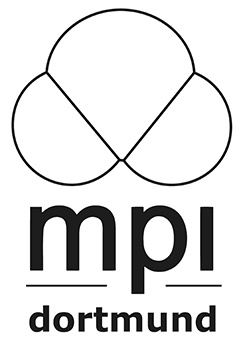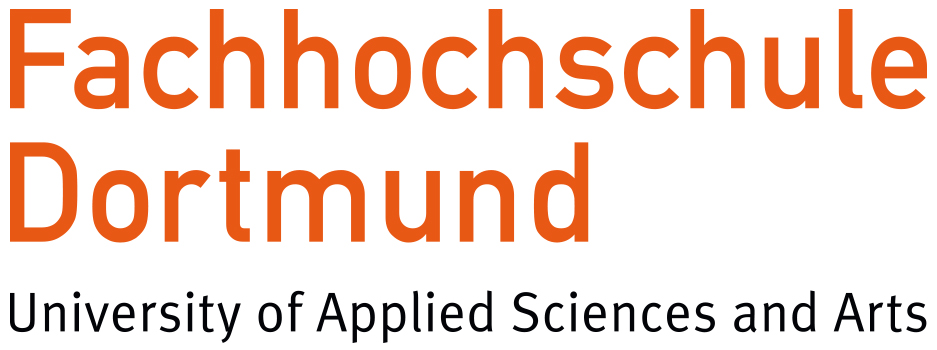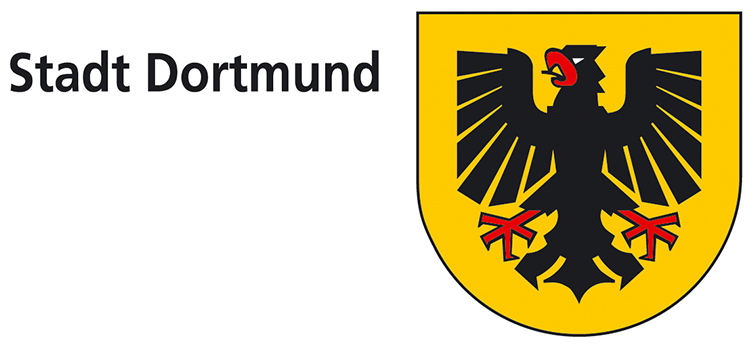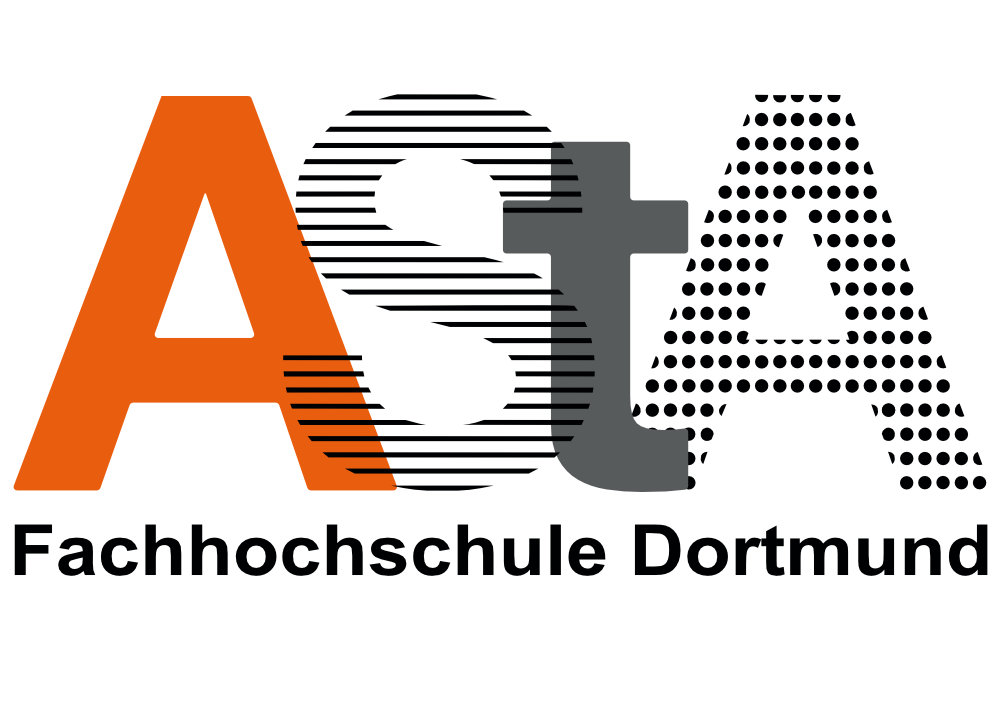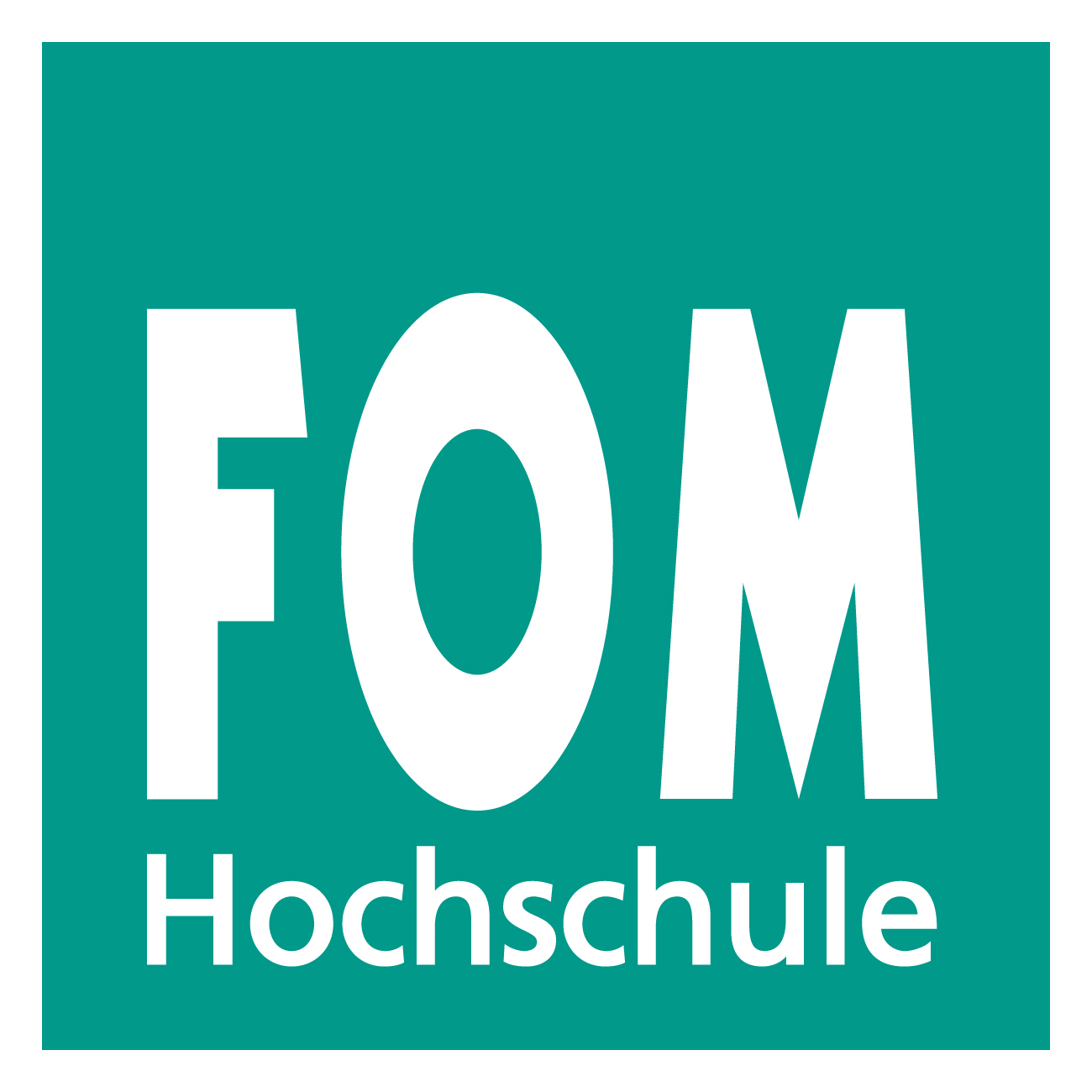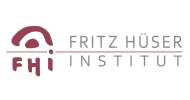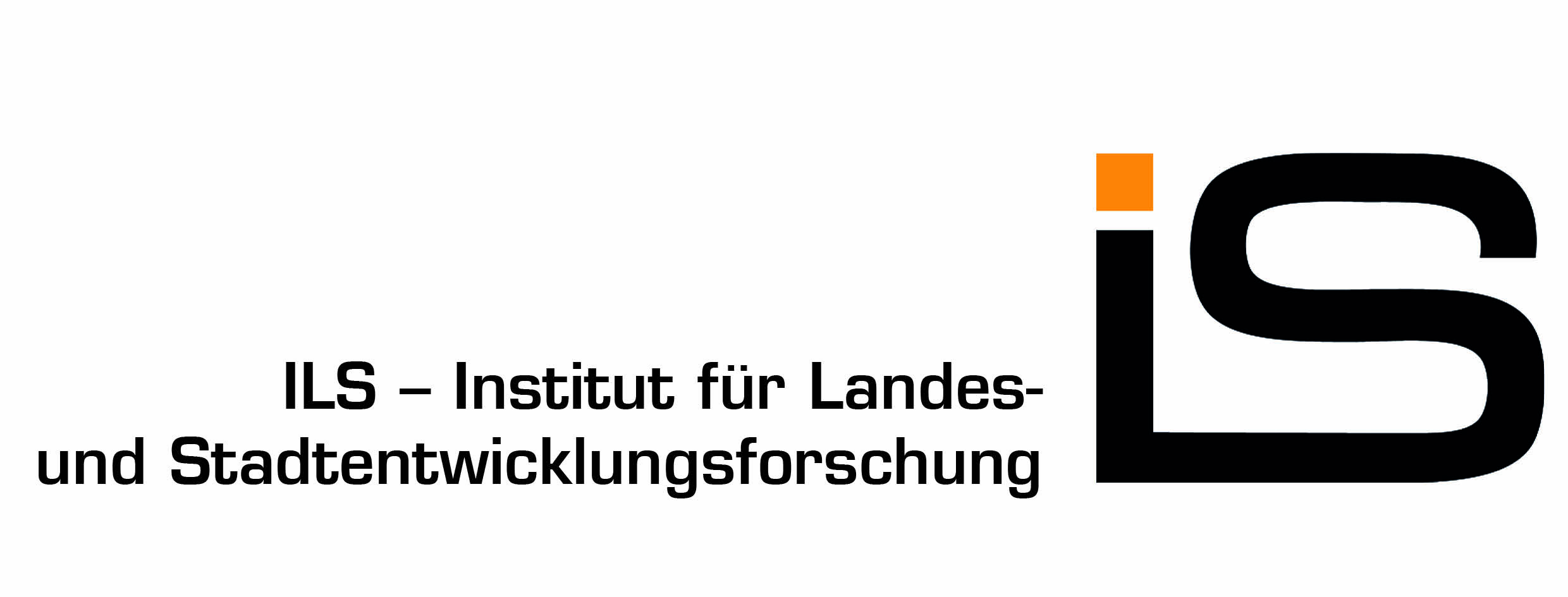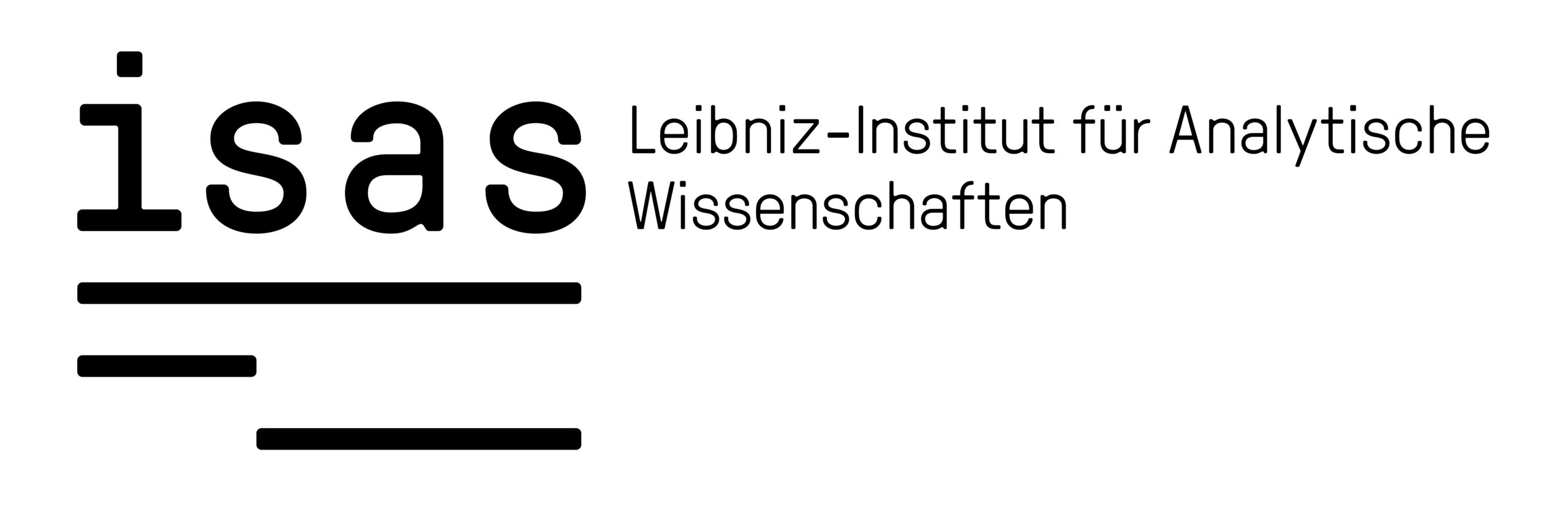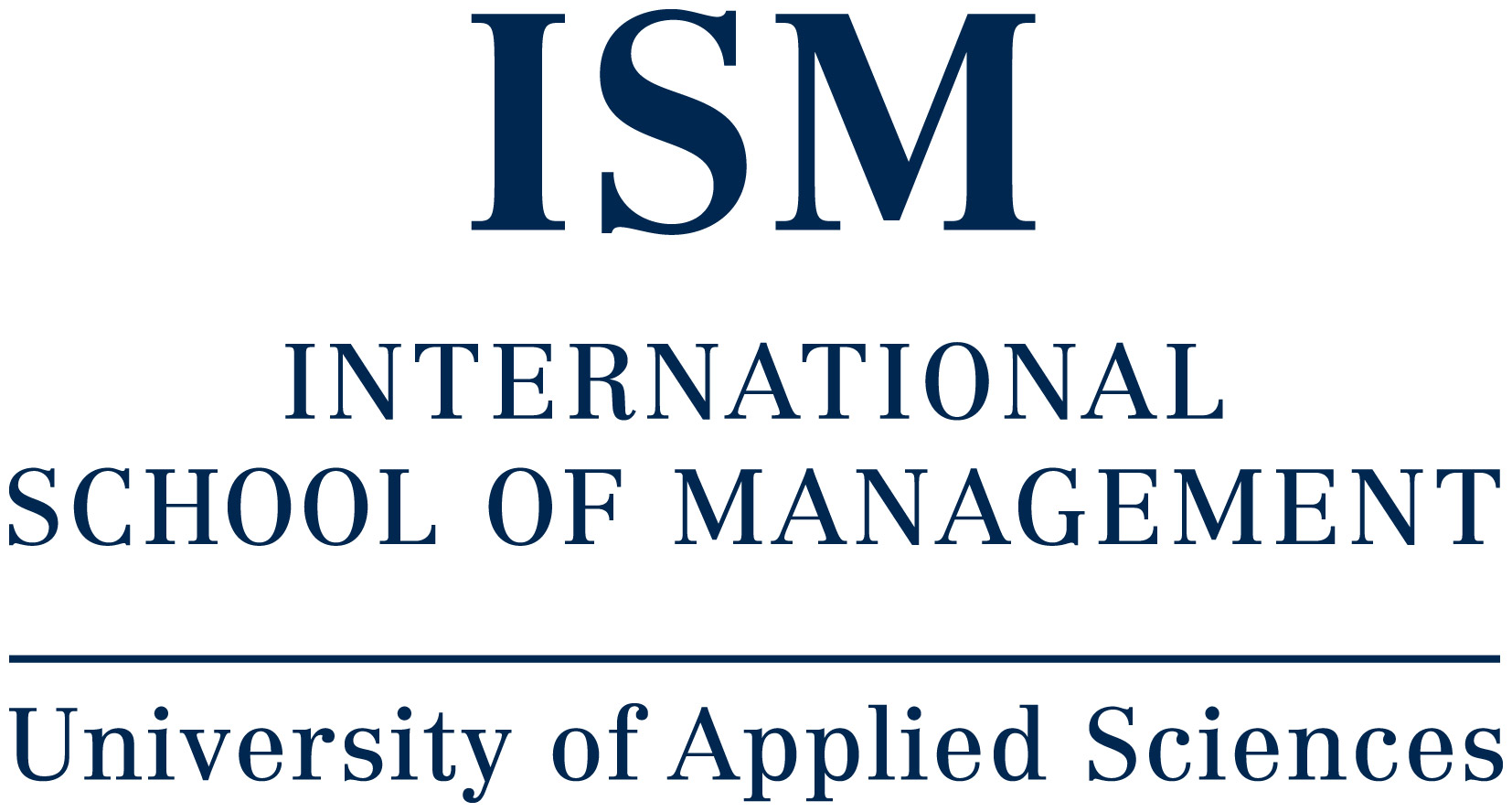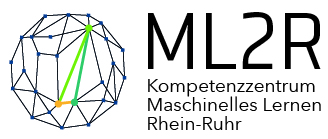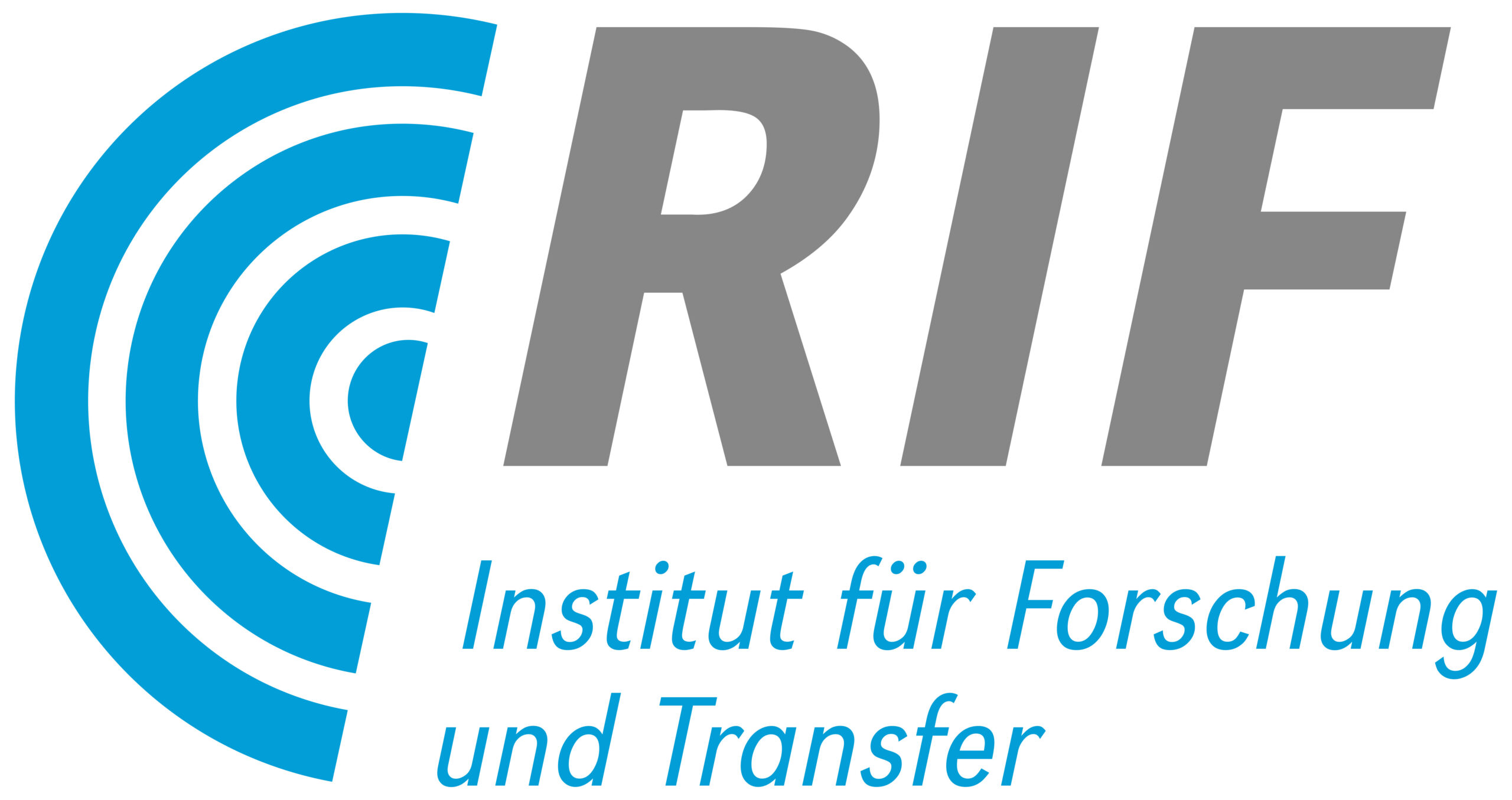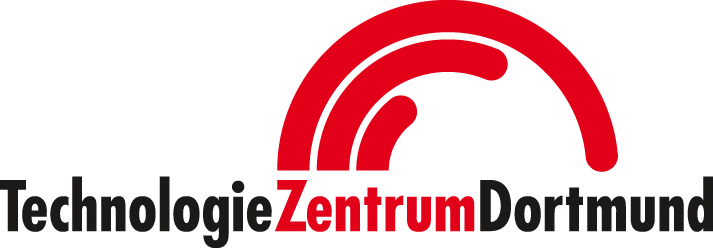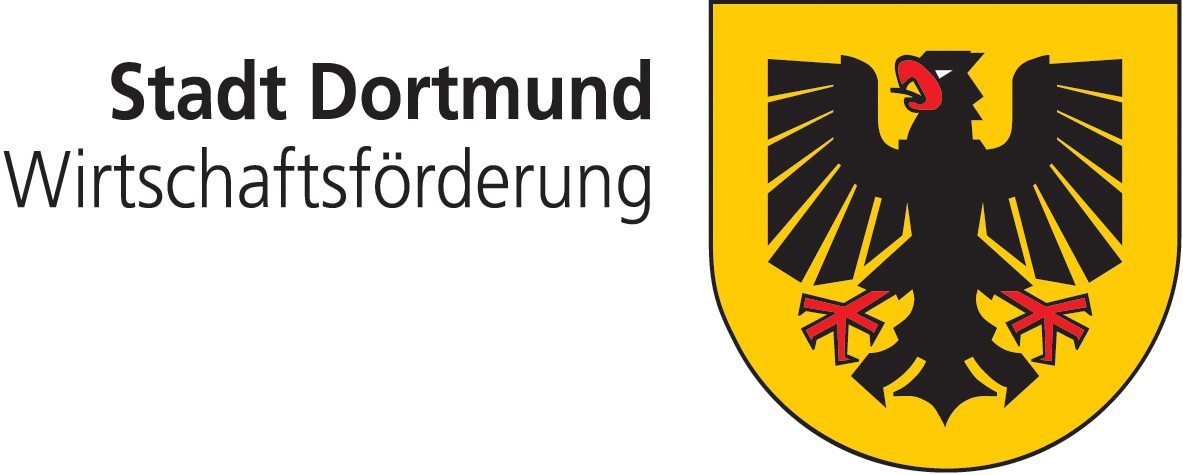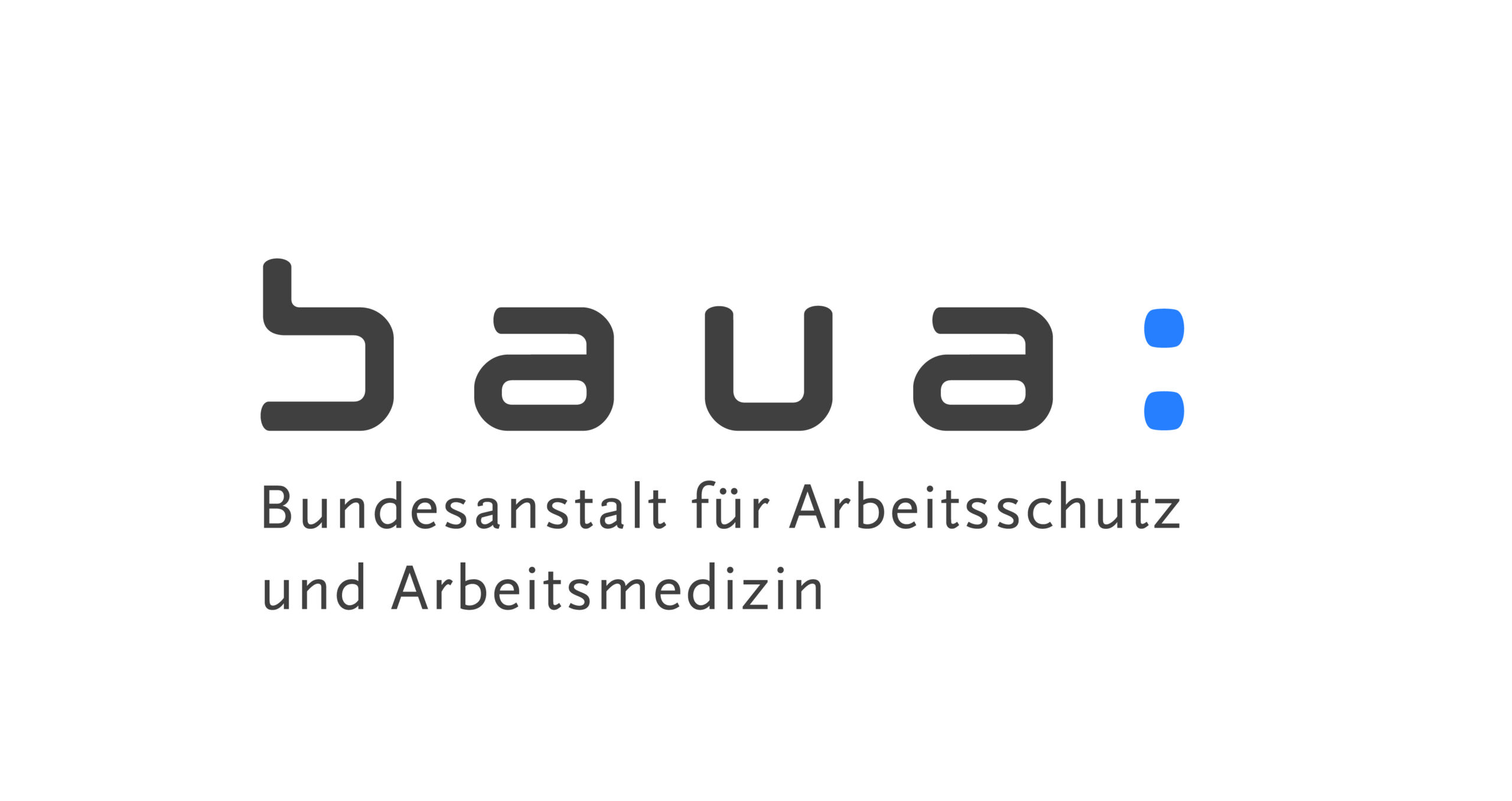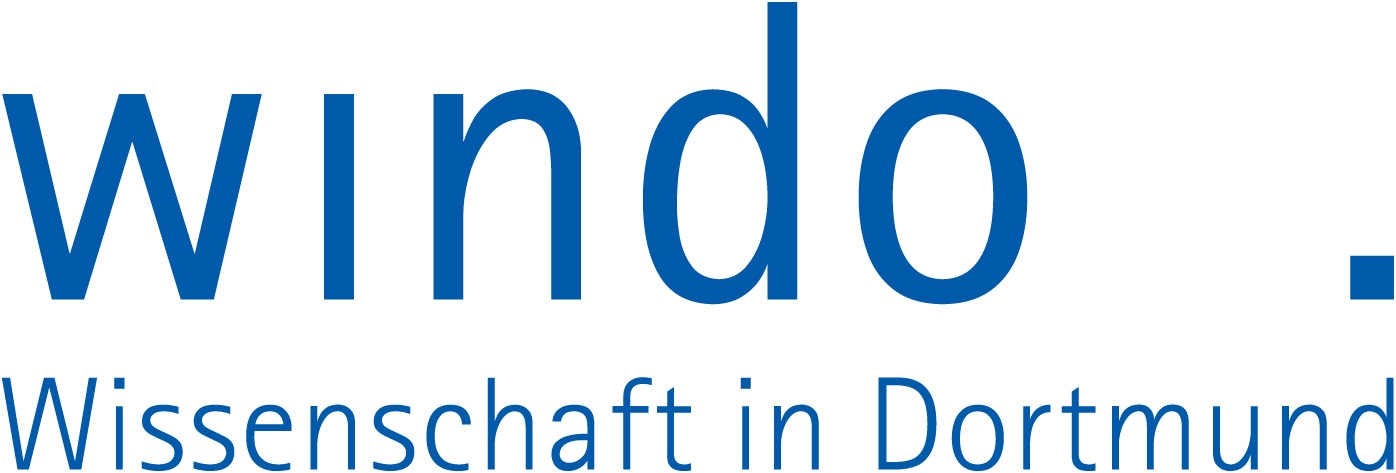SCIENCE MASTERPLAN
Universities
außeruniversitäre Forschungsinstitute
Studierende
Kultureinrichtungen
MASTERPLAN
WISSENSCHAFT
Universities
außeruniversitäre Forschungsinstitute
Studierende
Kultureinrichtungen
News
Workshop mit Escape Room an der FH Dortmund
Was? Einführung in die „Prinzipien der digitalen Welt“ für Schüler*innen
Wann? Donnerstag, 24. Oktober 2024, 11 bis 14 Uhr
Wo? IDiAL, Otto-Hahn-Straße 23, 44227 Dortmund
Einen Crashkurs zum Einstieg in die digitale Welt bietet die FH Dortmund interessierten Schüler*innen: Drei Stunden lang können Fünft- bis Zehntklässler*innen aller Schulformen viele zentrale Grundlagen der Informatik nicht nur verstehen lernen, sondern auch praktisch anwenden.
Am Institut für die Digitalisierung von Arbeits- und Lebenswelten (IDiAL) können Schüler*innen mit Hilfe einfacher Tools eine KI-basierte Sortiermaschine bauen und so die Funktionsweise von künstlicher Intelligenz hautnah miterleben und verstehen. Abschließend werden die erworbenen Kenntnisse auf die Probe gestellt – in einem Escape Room, zu dessen Türen das Wissen der Informatik den Schlüssel darstellt.
Die Teilnahme ist kostenlos. Es sind keine Vorkenntnisse notwendig. Eine Anmeldung bis Dienstag (22.10.) um 23 Uhr auf https://fh.do/digitaleprinzipien ist erforderlich.
Das Angebot gehört zur Breiteninitiative „EU Code Week“ vom 14. bis 27. Oktober, die von der Europäischen Kommission unterstützt wird.
Wissenschaftsjahr 2024 "Freiheit": Gedankengänge der TU Dortmund
Walkshops durch die Dortmunder Nordstadt
Als Teil des Wissenschaftsjahres 2024 möchte die TU Dortmund gemeinsam mit Ihnen über Freiheit im Zusammenhang mit wichtigen Themen wie politische Teilhabe, Erinnerungskultur und die Herausforderungen des Klima- und Technologiewandelns für unser Zusammenleben reflektieren.
Vierter Termin Gedankengänge | Walkshop „Frei handeln, cool bleiben“
Datum: Samstag, 31.08.2024, Uhrzeit: 13:00 – 15:00 Uhr
Ort: Blücherpark Dortmund, Treffpunkt: KoopLab-Fläche
Durch den Klimawandel stehen Bürger*innen vor vielen neuen Herausforderungen – besonders in dicht bebauten, versiegelten Innenstadtbereichen gibt es Handlungsbedarf, auch in der Dortmunder Innenstadt. Während des Gedankengangs spazieren Teilnehmende durch die Nordstadt, insbesondere durch Hinterhöfe, und lernen vor Ort Beispiele für Hitze-Hotspots und Hitze-Oasen kennen. Welche Maßnahmen zur Gestaltung der Dortmunder Nordstadt tragen zum Hitzeschutz bei? Was hilft an heißen Tagen? Wie können die eigenen Handlungsmöglichkeiten erweitert werden?
Im Rahmen der Projektreihe „Gedankengänge“ findet unter der Leitung von Stephanie Bund von der Sozialforschungsstelle (sfs) der TU Dortmund ein Stadtteil-Spaziergang durch die Dortmunder Nordstadt statt, in dem Teilnehmenden Hitze-Hotspots und Hitze-Oasen gezeigt werden. Zudem wird die eigene Freiheit zur Mitgestaltung thematisiert.
Der Walkshop ist kostenlos und bedarf keiner Anmeldung. Treffpunkt ist um 13 Uhr im Blücherpark an der KoopLab-Fläche.
Weitere Informationen gibt es unter:
Gedankengänge Freiheit – Wissenschaftsjahr 2024 – TU Dortmund (tu-dortmund.de)
Die MS Wissenschaft legt an!
Donnerstag bis Sonntag, 01.08. – 04.08.2024, 10:00 – 18:30 Uhr
Promenade „Speicherstraße“, Stadthafen, nach dem Wasserwanderplatz
An Bord des Ausstellungsschiffs MS Wissenschaft dreht sich diesmal alles um das Thema Freiheit.
Wie frei sind unsere Entscheidungen? Wie weit reicht die Kunstfreiheit? Was können wir aus der Geschichte über Freiheit lernen? Und was bedeutet der Einsatz von Künstlicher Intelligenz für unsere Freiheit? Diesen und weiteren Fragen geht die Ausstellung auf der MS Wissenschaft im Wissenschaftsjahr 2024 – Freiheit nach.
Die MS Wissenschaft tourt im Auftrag des Bundesministeriums für Bildung und Forschung durch Deutschland.
Mehr Informationen gibt es hier.
Das war die Science Night - Die Dortmunder Nacht der Wissenschaften 2024
Studieren in Dortmund
Wissenschaftsstadt Dortmund – Lerne uns kennen
ICAPITAL - INTERNATIONALE GÄSTE VERNETZEN SICH BEI WORKSHOPS IN DER INNOVATIONSHAUPTSTADT DORTMUND
ICAPITAL AWARD: Neues Wandbild verschönert die Dortmunder Innenstadt
Dortmunds Innenstadt ist um ein Wandbild, ein sogenanntes Mural, reicher. Der Künstler Juri Schäffer greift damit Dortmunds Innovationsansatz „Zukunft aus der Nachbarschaft“ und Ideen der europäischen Zusammenarbeit auf.
Weitere Infos unter: dortmund.de
"Innovation next door" | Bewerbungsvideo zur europäischen Innovationshauptstadt 2021 (icapital)
Wissenschaftstag (Virtuelle Einblicke)
Partners
Statements
Partners
Statements
Contact
City of Dortmund
Department for Mayoral and City Council’s Affairs
Science Master Plan Coordination Office
Betenstrasse 19
44137 Dortmund, Germany
wissenschaft@stadtdo.de
wissenschaft.dortmund.de
Angela Märtin,
Science and Academia Officer
0231 50-22586
amaertin@stadtdo.de
Christina-Bella Pagés,
Research Assistant
0231 50-25809
cpages@stadtdo.de
Contact
City of Dortmund
Amt für Angelegenheiten des Oberbürgermeisters und des Rates Hochschule & Wissenschaft
Science Master Plan Coordination Office
Science and Academia Officer
0231 50-22586
amaertin@stadtdo.de
Christina-Bella Pagés,
Research Assistant
0231 50-25945
lberndt@stadtdo.de
Newsletter
Many thanks to Sparkasse Dortmund for supporting the creation of this website.
Photo: City of Dortmund/Roland Gorecki
Contact
City of Dortmund
Amt für Angelegenheiten des Oberbürgermeisters und des Rates Hochschule & Wissenschaft
Science Master Plan Coordination Office
Science and Academia Officer
0231 50-22586
amaertin@stadtdo.de
Christina-Bella Pagés,
Research Assistant
0231 50-25809
cpages@stadtdo.de
Contact
City of Dortmund
Amt für Angelegenheiten des Oberbürgermeisters und des Rates Hochschule & Wissenschaft
Science Master Plan Coordination Office
Science and Academia Officer
0231 50-22586
amaertin@stadtdo.de
Christina-Bella Pagés,
Research Assistant
0231 50-25809
cpages@stadtdo.de
Newsletter
Many thanks to Sparkasse Dortmund for supporting the creation of this website.
